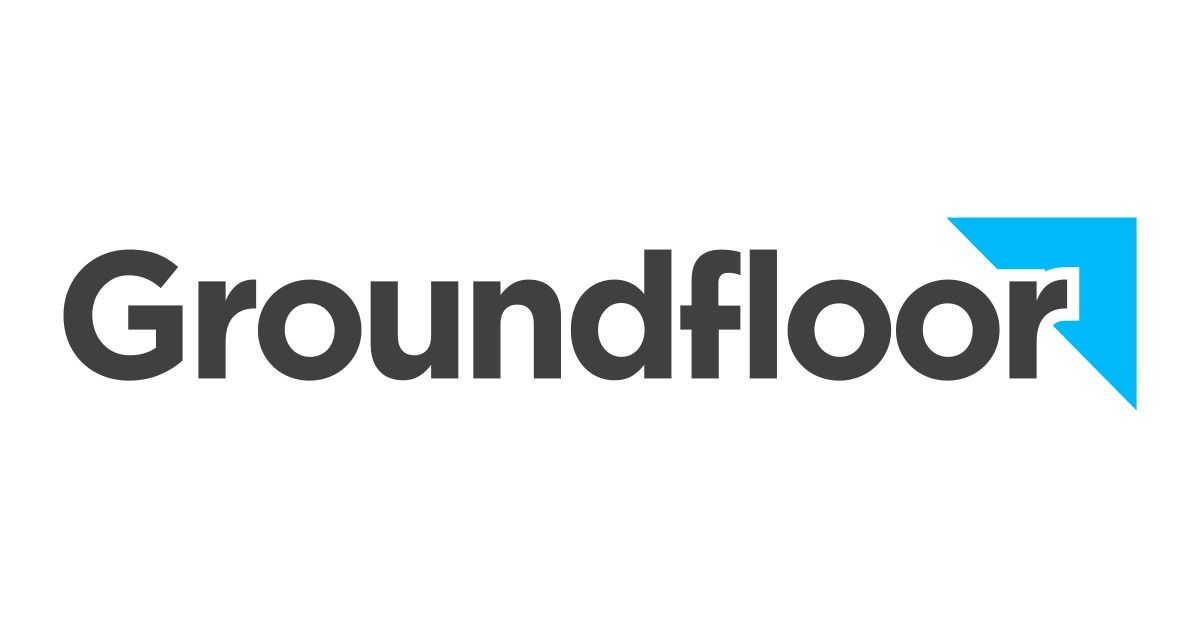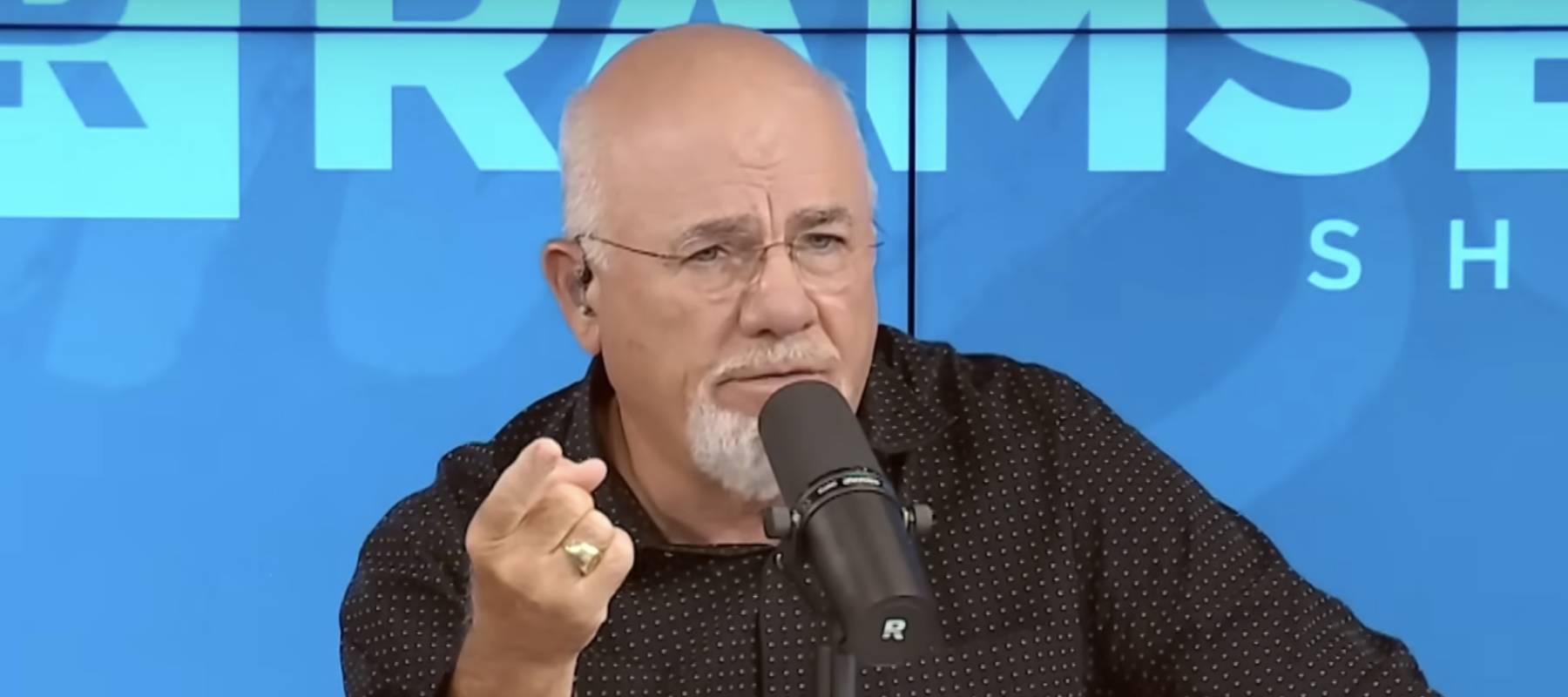-1690487021.jpg)
The best real estate investing sites for non-accredited investors
BalanceFormCreative / Shutterstock
Updated: April 06, 2023
We adhere to strict standards of editorial integrity to help you make decisions with confidence. Please be aware that some (or all) products and services linked in this article are from our sponsors.
We adhere to strict standards of editorial integrity to help you make decisions with confidence. Please be aware that some (or all) products and services linked in this article are from our sponsors.
Real estate crowdfunding sites provide a marketplace where investors can shop real estate deals online. They became popular after the JOBS Act of 2012 went into effect.
Initially, these platforms only allowed accredited investors to participate, but the landscape has changed, and now, many sites have offerings available to anyone, regardless of accreditation status.
Below are our top real estate investing sites for non-accredited investors (in alphabetical order by company name). At the end of the article is a helpful chart that summarizes their offerings.
Fundrise

Fundrise has been around since 2010 and is one of the better-known real estate investing sites for non-accredited investors. Anyone can buy shares of private REITs on the platform to build a diversified portfolio. You choose which pre-built portfolio you want to invest in, deposit your funds and then benefit from the passive income.
The minimum investment timeframe is five years (although early redemptions are allowed for a 1% fee). Dividend distribution is on a quarterly schedule, although the site is set up to reinvest investor dividends automatically.
Fundrise offers a “Starter” plan geared towards newbies and requires a $10 minimum investment. For upwards of a $1,000 minimum investment, you can upgrade to the “Basic,” “Core,” “Advanced,” or “Premium” plans. Regardless of the tier, the annual advisory fee is 0.15% and there's an annual asset management fee of 0.85%.
| Residential or commercial? | Primarily commercial, some residential diversification |
|---|---|
| Type of investment | REIT |
| Minimum investment | $500/$1,000 |
| Minimum length of investment | 5 years, with an option to obtain shorter liquidity |
| Investment goal | Income and appreciation |
| Target ROI | 8-12% |
| Fees | 1% annually |
| Investment choices | Diversified portfolios, not individual properties |
| Distribution frequency | Automated dividend reinvestment |
This is a testimonial in partnership with Fundrise. We earn a commission from partner links on Moneywise. All opinions are our own.
RealtyMogul

RealtyMogul invests in commercial properties. It offers two diversified REITs to non-accredited investors.
RealtyMogul Income REIT invests in debt and debt-like securities delivering an annualized return of 6-8%.
RealtyMogul Growth REIT is an equity fund invested in multi-family apartment complexes. The annualized return is lower (around 4.5%) by design as the fund's structure allows investors to benefit from long-term appreciation and annual cash-flow distributions.
The minimum investment for both is $5,000, and there is no minimum investment term. RealtyMogul aims to please and entice investors to stay invested by delivering an enviable long-term ROI.
RealtyMogul has conservative and strict asset selection criteria to deliver safe and consistent returns to investors. It only invests in properties already delivering cash flow. And Realty Mogul only partners with a select group of sponsors with a proven track record.
RealtyMogul was launched in 2013 and has delivered consistent results. Fees are a transparent 1% annually.
| Residential or commercial? | Commercial |
|---|---|
| Type of investment | REIT |
| Minimum investment | $5,000 |
| Minimum length of investment | No minimum |
| Investment goal | Income and appreciation |
| Target ROI | 4.5%; 6-8% |
| Fees | 1% annually |
| Investment choices | Diversified multi-family projects |
| Distribution frequency | Monthly; quarterly |
Roofstock

Roofstock is a marketplace where you can invest in individual rental properties. The team at Roofstock vets the properties and then recommends a local, certified property manager to manage the day-to-day operations on your behalf. Although you own the property, your investment is intended to be passive after you purchase the property and choose a property manager.
With Roofstock, you don't invest in a REIT (a pre-built portfolio of properties), instead you purchase an individual rental property of your choosing. The site provides due diligence and details that help you make an informed choice.
Since your purchase is a tenant-occupied rental, your investment provides cash flow from day one. Most properties require you initially put 20% down to acquire the property. Roofstock then charges a 0.5% marketplace fee when your offered is accepted. There's also a 3% closing fee on the purchase price. You will need to connect with a property manager who will charge an annual management fee (typically between 6-10% of your monthly rental income).
Roofstock has been around since 2015 and provides two guarantees for investors:
◦ Lease Up Guarantee. While most properties offered are already rented, if the property is not tenanted when you purchase it and not leased within 45 days, Roofstock will cover the 75% of the market rent for up to six months.
◦ 30-Day Money-Back Guarantee. Roofstock will buy back eligible properties within the first 30 days if you change your mind — this is unheard of with any other direct real estate purchase.
With direct ownership of real properties, your returns often consist of regular rental income and asset appreciation if the home is located in an area where home prices increase. Returns vary by property, of course. However, Roofstock’s platform currently offers properties located in more than 25 states with plans to expand.
| Residential or commercial? | Residential |
|---|---|
| Type of investment | Direct ownership |
| Minimum investment | No minimum |
| Minimum length of investment | No minimum |
| Investment goal | Income and Appreciation |
| Target ROI | 11-12% |
| Fees | 3% closing fee/platform fee; 0.5% marketplace fee |
| Investment choices | Single family rental properties |
| Distribution frequency | N/A |
Groundfloor

Groundfloor is one of the more accessible platforms on this list. It has a minimum investment of just $10.
Groundfloor specializes in funding short-term residential loans for fix and flip investors. These are called “hard money” loans because the loan is backed by a tangible or “hard” asset that’s intended to be held for a short time and sold for a profit). Your investment is pooled with other investors and loaned to borrowers who use the funds to acquire, renovate and resell residential properties.
Fix and flip investing is risky. There is a lot that can go wrong and a lot of money on the line. For example, you could pay a too-high acquisition fee, underestimate construction costs, or overestimate the ARV (After Repair Value) if there's a drop in housing prices during construction.
Groundfloor does the due diligence for you: the asset management team meticulously vets borrowers and monitors the project’s progress throughout the flip process.
Groundfloor has some attractive features for investors:
◦ No investor fees – borrowers pay all fees
◦ A short investing timeframe of six to 12 months
◦ An average annualized return of 10%.
| Residential or commercial? | Commercial or residential fix and flip |
|---|---|
| Type of Investment | Investor chooses loans to fund |
| Minimum Investment | $10 |
| Minimum length of investment | 6-12 months |
| Investment Goal | Income derived from peer to peer lending |
| Target ROI | 10%+ |
| Fees | No fees |
| Investment Choices | Diversified funds and Individual deals |
| Distribution Frequency | Every 6-12 months |
Read more: What are the risks of investing in real estate?
DiversyFund

DiversyFund offers two public non-traded commercial REITs available to non-accredited investors: the DF Growth REIT and DF Growth REIT II. Both funds hold commercial property assets – primarily large apartment complexes – that DiversyFund owns and manages.
With a minimum investment of just $500, DiversyFund is a low-cost choice for investors who want to dip their toes into real estate investing. The shares are not sold on a public exchange. Also, there is a five-year minimum investment holding time. So this is not for investors who need liquidity.
DiversyFund charges a 2% platform fee for asset management. The funds pay out profits when properties are sold. So you won’t see a consistent or predictable return on investment. But when a property is sold, investors get their principal back plus a 7% preferred return before the company receives any profits. If assets are liquidated at a price above 7%, the additional profits are shared. Sixty-five percent goes to investors and 35% to the company until investors make a profit that averages 12% per year.
| Residential or commercial? | Commercial (large apartment complexes) |
|---|---|
| Type of investment | REIT |
| Minimum investment | $500 |
| Minimum length of investment | 5 years minimum |
| Investment goal | Income and appreciation |
| Target ROI | 10-20% |
| Fees | Platform and investment fees can be high -- up to 12% of the equity dollars invested |
| Investment choices | Diversified multi-family projects |
| Distribution frequency | Automated dividend reinvestment |
Read more: What are non-traded REITs?
Streitwise

Streitwise buys commercial real estate assets and owns them for the long term. They look for deals in secondary markets where reliable tenants can be counted on to provide a steady cash flow from long-term leases.
One key differentiating characteristic of Streitwise is that it offers direct investment in a REIT that’s wholly managed in-house. The company does not invest in or administer investment properties managed by unaffiliated third parties.
Investors earn money in two ways:
◦ Quarterly dividends (start after you’ve been invested for 12 months)
◦ Participation in the capital appreciation realized upon the sale when/if a holding is sold while you’re an active investor
When you invest in the Streitwise REIT, you become a co-owner of a REIT comprised of multiple office properties which are already acquired, stabilized, and producing positive cash flow from commercial tenants with leases in place.
The minimum investment is about $5,000. Target ROI is 9-10%, and Streitwise has a history of delivering that target. Since its inception, the average annual return has been 9.3% after fees.
| Residential or commercial? | Commercial |
|---|---|
| Type of investment | REIT |
| Minimum investment | $5,000 |
| Minimum length of investment | One year (quarterly distributions start after you've been invested for one year) |
| Investment goal | Income and appreciation |
| Target ROI | 9-12% |
| Fees | 2% annual fee |
| Investment choices | Diversified portfolios, not individual properties |
| Distribution frequency | Quarterly |
The final word
Financial advisers recommend that real estate, as an investment class, belongs in every adequately diversified investment portfolio.
If you are a small individual investor adding traditional real estate, which requires a substantial cash outlay, would make up a large percentage of your overall portfolio. Crowdfunding options with small minimums, like one of these seven sites, can be a cost-effective and convenient way to add real estate to your holdings.
If you're looking to dip your to in real estate investing, these real estate investing sites for non-accredited investors could be worth a try. But as with any investment (an especially alternative investments), do your due diligence before you start.
Further reading:





